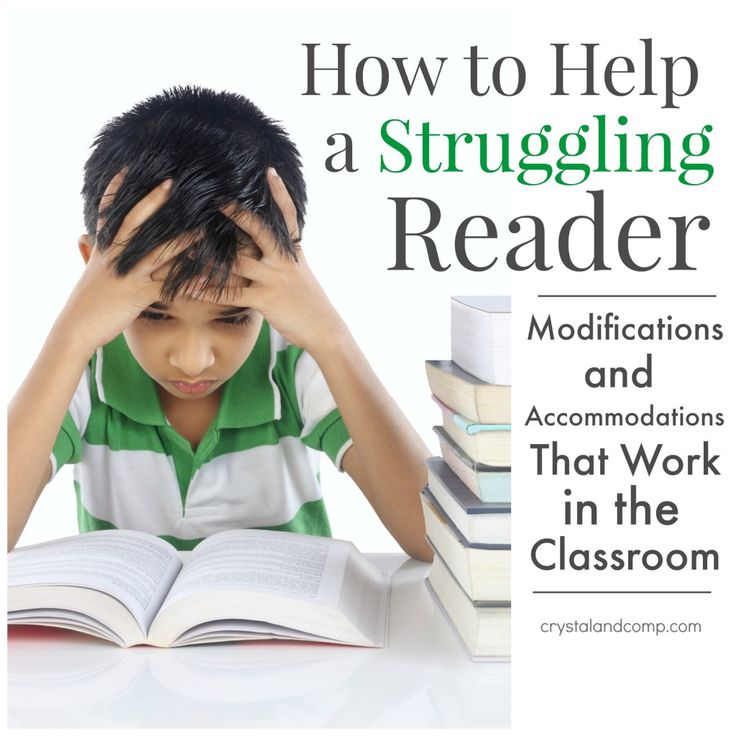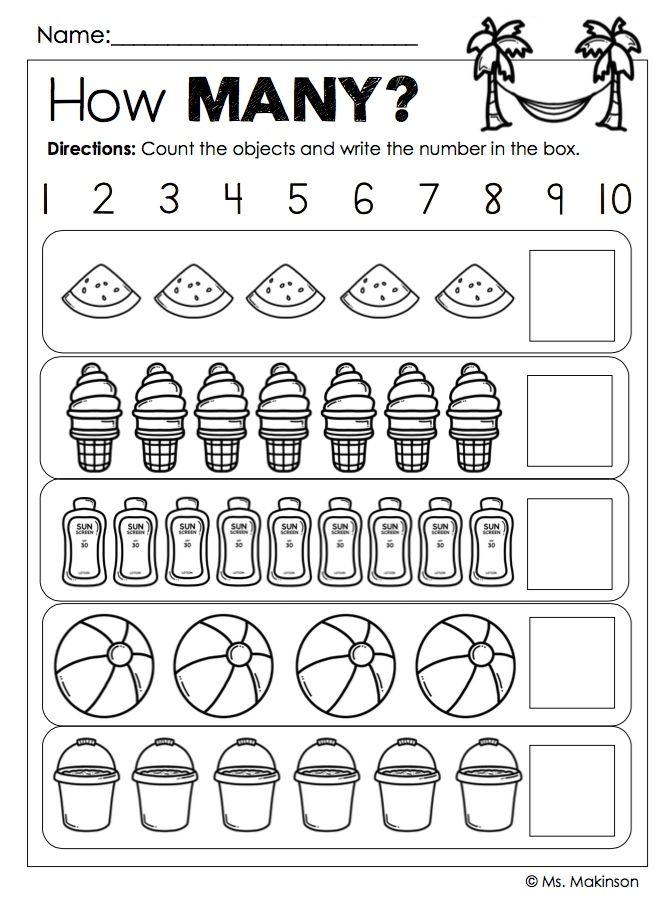How to help child struggling in school
What to Do When Your Child Is Struggling in School — Step-by-Step Guide
When your child is having a difficult time in school, the stress follows them home. Extra homework, anxiety and bad moods become a struggle for the whole family.
If you’re looking to help your child succeed with their school work and bring more calm to your family’s evenings, you’re in the right place.
This step-by-step guide will discuss why your child may be struggling in school, what signs to look out for and nine strategies to help them not just survive their school years, but actually enjoy them too!
Why do some students struggle in school?
There are many reasons why a child may struggle with school. As your child ages out of play-based learning, they may begin to lose interest in what they’re being asked to study. Kids love to learn when they find the topic interesting. But sitting through a lesson on US history when they would rather be exploring a shark’s biology can make even the brightest students lose focus.
Other students may struggle in school due to a lack of understanding. School lessons, especially in math and reading, build upon themselves. If your child doesn’t grasp a lesson and the class continues to move forward, this may be the start of their struggles. And if this isn’t caught early enough, it can continue to build into a larger problem.
Many students are also facing learning disorders that can make traditional public schooling more difficult. If your child falls on the autism spectrum or shows signs of dyslexia, these extra challenges should be addressed and appropriate services offered. If you suspect an issue, an official diagnosis may help open doors for assistance from your child’s school.
Of course, many children are not going to openly share with you the details of their day. In that case, here are a few signs your child may be having a hard time with their studies.
1. Difficulty sleeping
If your child is worried about school, this can result in trouble sleeping.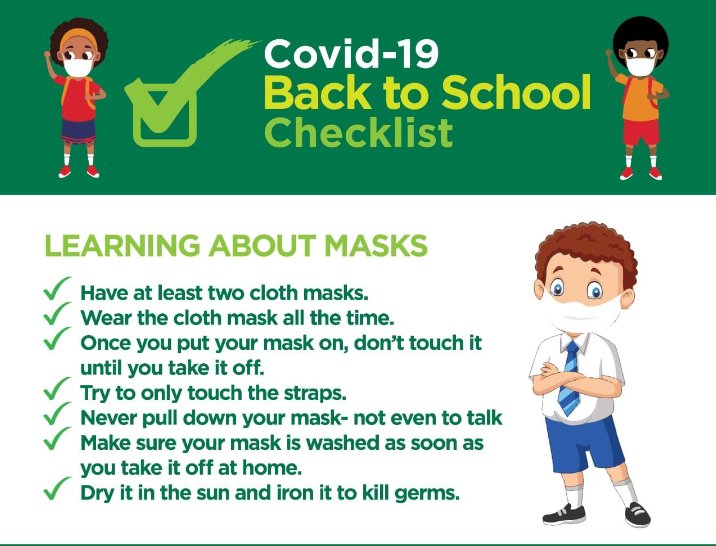 They may not understand the material or have distractions affecting their school work. Either way, this worry can lead to a lack of sleep, making their school day even more difficult.
They may not understand the material or have distractions affecting their school work. Either way, this worry can lead to a lack of sleep, making their school day even more difficult.
2. Lack of eating
This often goes along with difficulty sleeping. If your child is feeling extra worried or anxious they may have a hard time focusing. Many anxious children report tummy troubles as a regular symptom. And worries or distractions can make it difficult to remember or want to eat.
3. Drastic change in attitude
If your child used to love school but now never wants to go, it’s important to discover why. For a middle school child, it could be an awkward or uncomfortable social situation. Or they may find the work uninteresting and feel unmotivated. It’s also possible they’re struggling in a subject. It’s important to figure out the root cause and address it before it grows.
4. Bad behavior at school
Your child has been getting increasingly negative reports sent home. Disrespecting their teacher, talking during lessons, and acting out can all be signs of frustration with school. This can be a sign of both boredom or school struggles. Take some time to find out what’s going on.
Disrespecting their teacher, talking during lessons, and acting out can all be signs of frustration with school. This can be a sign of both boredom or school struggles. Take some time to find out what’s going on.
5. Drop in grades
This one may seem obvious, but oftentimes parents and students will disregard early signs of dropping grades. Is your child missing assignments? Did a recent test trip them up? If you can zero in on the subject causing the struggle, this may be an easy issue to fix.
6. Teacher’s concerns
If the teacher has expressed concern over your child’s grade or class participation, don’t brush it off. You know your child best, and you should give them a chance to explain themselves. But if the teacher is concerned, listen and ask for their suggestions on how you may be able to help.
What to do when your child is struggling in school
Once you’ve identified that your child is struggling in school, what can you do next? Here are nine next steps to support them.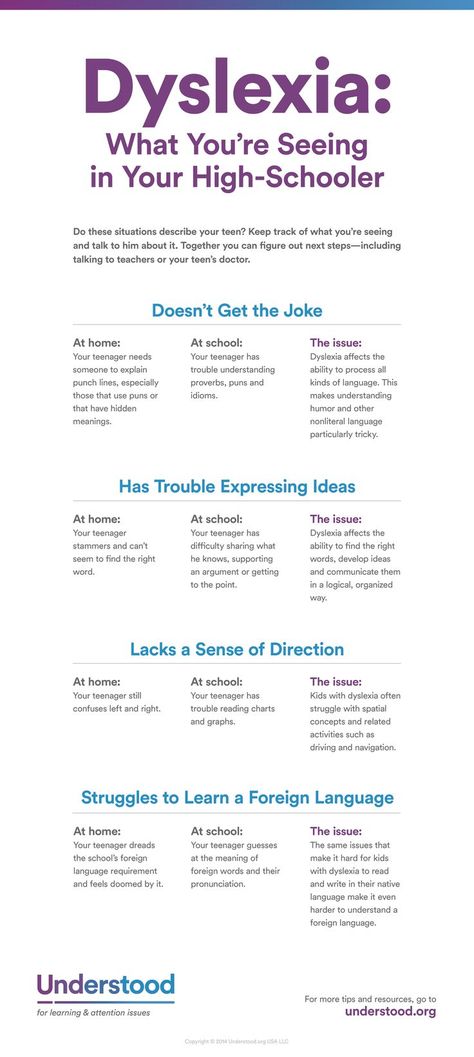
1. Meet with teachers
Your child’s teachers can share a lot of insight into your child’s school day. If you suspect or know that your child is struggling, take the initiative and set up a meeting or write down what you want to discuss at your next parent-teacher conference.
When you meet, be prepared to discuss your concerns and ask for their suggestions on how you can help. Ask about different programs the school may offer as well. Many schools offer extra reading or math support when students fall behind. If a learning disability is suspected, your child’s teachers may be able to arrange extra services to help them learn.
2. Organize learning support
On top of extra school support, look for additional educational resources for home.
Depending what your child needs support in, there are different ways to help them:
- For bigger issues, such as a learning disability, an educational therapist can be a great help.
- If your child needs help with organization or a lack of motivation, look into a homework helper.

- If a certain subject is causing the problem, find a good tutor to guide them through that subject.
- If they need extra practice, find an engaging and fun app like Prodigy to take the struggle out of homework time.
You don’t have to tackle school troubles alone. And it doesn’t have to add a ton of stress to your home and family time. Look into all the learning resources available for your child and choose the best options to address their particular struggles.
3. Communicate openly
Sometimes difficult situations can be hard to talk about — especially with your kids. But now is a great time to work on open and honest communication. The trick: approach these conversations with zero judgment. Let them know you just want to help. And to do that, you need to know how they’re feeling about school.
If these conversations aren’t the norm in your home, give it some time. Let your child know you’re there for them when they’re ready to talk, and that you’d like to help them make a plan to tackle the issues they’re having.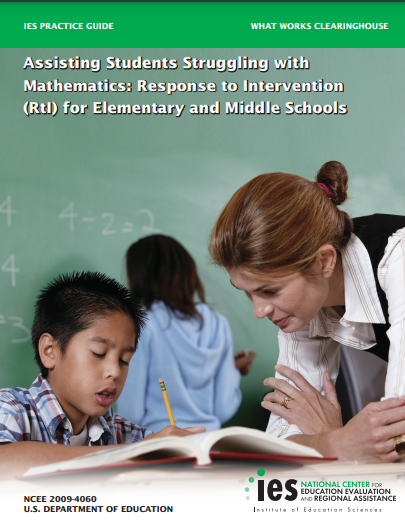 Involve them as much as possible. This is their education and they need to feel a part of it.
Involve them as much as possible. This is their education and they need to feel a part of it.
4. Visit a doctor or pediatrician
If you suspect a learning disability, make an appointment with your child’s doctor. When it helps your child get the assistance they need to succeed in school, it’s worth it to seek this kind of support.
If your child ends up with an official diagnosis, explore your options for treatment and extra support. Your child’s public school should have programs in place for children who have certain learning challenges. Your child may also qualify for extra therapy, such as speech or occupational therapy. These programs are here to support your child — find them and use them.
5. Support them with homework
If you find yourself in a constant homework struggle, get some extra support! A homework helper or tutor can relieve a lot of evening stress for both you and your child.
If your child is struggling with homework for an hour or more most nights, you may also want to ask their teacher for extra help — or in some cases, request less homework be sent home. Your child’s mental health takes precedence over extra worksheets.
Your child’s mental health takes precedence over extra worksheets.
6. Arrange fun outdoor activities
When emotions get high, a stress-relieving brain break is in order. And one of the best kinds of brain breaks is outside time!
Arrange a fun outdoor activity, like a scavenger hunt or a hike. Or just let them outside for some unstructured play. Give your child a chance to reset before tackling that tricky math problem again.
7. Remain a pillar of support
You are your child’s advocate and best source of support. It can be difficult to keep your own emotions in check when your child is struggling in school. But the most important thing is that they know you love them, no matter what.
Keep that line of communication open and let them know you’re there to support them, not judge them. When they choose to share, listen closely to their struggles, respond positively and brainstorm solutions together. Even if things seem trivial, remember that for them, in this moment, the life lessons they’re encountering are very big.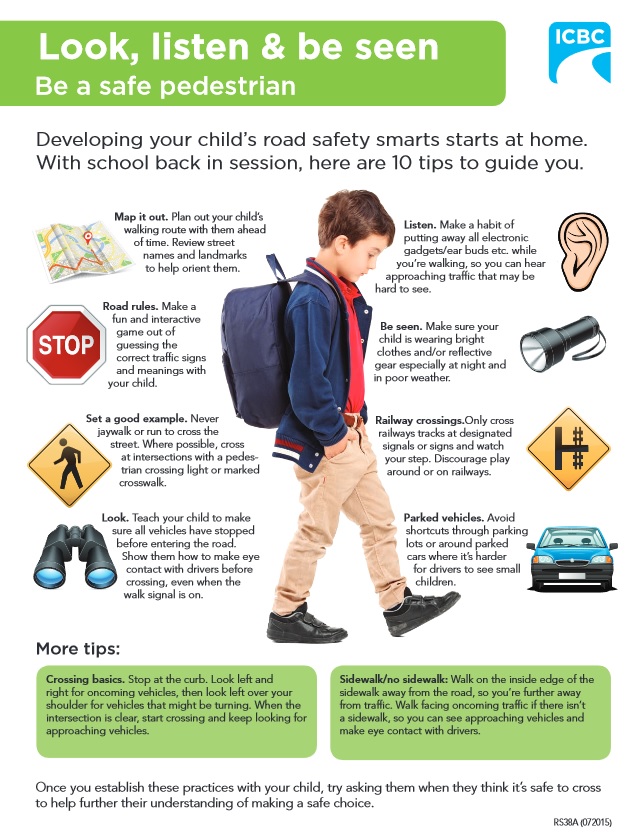 Be their guide, not their critic.
Be their guide, not their critic.
8. Encourage your child
Whether it’s a big win or small, celebrate your child’s progress. Encourage them to keep at it and let them know you’re here to help. Not every child is great at every subject. In fact, most aren’t.
Remind them that their worth stretches far beyond the grades on a test or report card. Help them find joy in learning and give them time to explore their own interests. Encourage and celebrate the little things and help them find their joy.
9. Try different learning methods
Children learn differently. Some need visual and audio instruction. Others do best with project-based learning. And some will excel with more traditional lectures.
If your child is struggling in school, explore all the different ways to learn and choose strategies that work best for them. There are so many online resources available to help your child see a subject from all sides. Look up YouTube videos and documentaries. Find online printables. Look for real-life applications of problems. Find what makes it click for your child, and keep at it.
Find online printables. Look for real-life applications of problems. Find what makes it click for your child, and keep at it.
How Prodigy can help students with math
Math is such a common struggle for many students. But Prodigy can help take the stress out of this tricky subject!
Game-based learning is a great way to avoid school struggles. With Prodigy’s fantasy-style role-playing math game, your child can earn cool rewards while practicing and mastering math facts. From basic math through algebra, Prodigy is here to make math fun! And if your child needs a little extra support on certain math topics, get extra support through 1:1 online Math Tutoring.
Learn more about Prodigy nowPsst: is your child struggling with reading and writing? Learn more about our NEW Prodigy English game!
School Struggles and Your Child: Expert Tips
Not finishing homework, having trouble making friends, struggling in class. If these school concerns sound familiar, don’t be alarmed.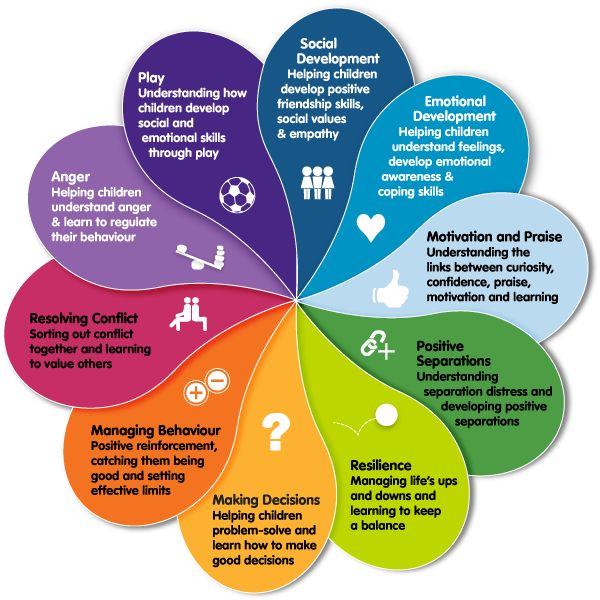 It’s natural for all students to struggle some in school.
It’s natural for all students to struggle some in school.
But if your child is consistently facing the same issues, it’s worth looking for ways to help him or her. Ellen Bartolini, Psy.D., a mental health expert with the Johns Hopkins Pediatric Medical Psychology team, answers some frequently asked questions about school struggles.
A good rule of thumb with school struggles, she says, is that although early intervention is always best, it’s never too late to get help.
Q: How can I distinguish whether a behavior is a phase or something to be more concerned about?
A: The short answer is that making this assessment is a process. You know your child best, and are probably the first to notice changes in his or her behavior. Think about the following:
- Consider the degree to which your child’s struggles are getting in the way of his or her social life, academics, sports or other activities.
- Do you foresee the struggles hindering their success in these areas? For example, if your child refuses to go to school, it’s reasonable to assume that grades will drop.

Don’t hesitate to consult with the various professionals who interact with your child. Teachers, counselors, advisors, pediatricians, coaches and tutors can help you problem-solve and may be able to offer insight into your child’s experience and reactions.
Q: How can psychologists help?
A: Mental health providers such as psychologists are another group of professionals who are a resource for you to get to the root of the difficulties and help you and your child navigate difficult situations.
Psychologists can help treat a wide range of school-related concerns that your child may have:
- Learning problems: Academic struggles can be stressful for both children and families. Sometimes children are struggling in school because of an undiagnosed learning disability. Psychologists can conduct neuropsychological testing to assess learning problems and identify strategies to help meet academic demands at school.
- Behavioral, emotional or medical conditions: About one in five children and adolescents may have emotional and behavioral difficulties at any given time.
 Underlying medical conditions can sometimes result in behavioral, emotional or learning problems. In addition, diagnosable and treatable conditions such as anxiety, depression or attention deficit hyperactivity disorder (ADHD) can hinder learning.
Underlying medical conditions can sometimes result in behavioral, emotional or learning problems. In addition, diagnosable and treatable conditions such as anxiety, depression or attention deficit hyperactivity disorder (ADHD) can hinder learning.Working with a psychologist can help you develop approaches to increase positive behaviors at home and school. Psychologists can also help your child perform his or her best at school by addressing the behavioral and emotional concerns that often occur in children who experience psychiatric, medical or learning disorders.
- School refusal: Some children or teenagers have difficulty just going to school. Fears about grades, worries about interacting with peers, low mood or difficulty separating from caregivers can all present barriers to school attendance. Whatever the reasons behind it, school refusal can affect a student’s academic and social life. Psychologists can help sort through and address these issues so your child or teenager can meet his or her academic and social goals.

- Transitioning between hospital and school following a new medical diagnosis or recent treatment: When children or teenagers have a medical condition, it can be hard to transition between school and the hospital. Psychologists can teach you and your child new skills to address emotional and behavioral issues related to your child’s health condition. They can also help coordinate between the school and the hospital to be sure that your child’s educational needs are met.
Q: My child’s teacher has recommended that my child see a psychologist. What does this involve?
A: Your first appointment with a psychologist usually involves an initial evaluation to assess “What’s going on?” and “What’s our plan?” It is a starting point that usually takes 45 to 60 minutes. The psychologist will likely want to get to know you and your child, work together to come up with some goals for therapy and discuss a possible treatment plan to address therapy goals and any other follow-up.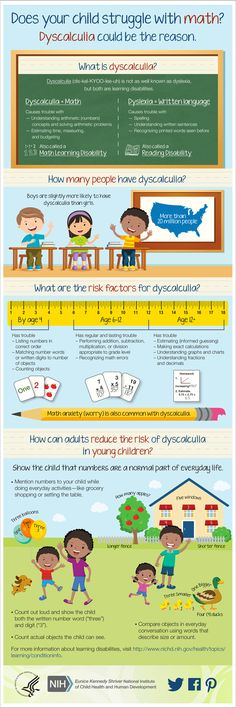 Depending on your areas of concern, a psychologist may also recommend a day of testing to assess for underlying learning disabilities or developmental problems. Your school counselor or pediatrician should be able to recommend some psychologists in your area.
Depending on your areas of concern, a psychologist may also recommend a day of testing to assess for underlying learning disabilities or developmental problems. Your school counselor or pediatrician should be able to recommend some psychologists in your area.
Q: What can I say to my child when we are going to see a psychologist?
A: For younger children, explain that they will be doing activities with a psychologist to understand more about their thoughts and feelings. Children tend to respond with enthusiasm when adults do as well, so frame the experience positively. For example, you could say, “You are going to meet someone new and play some games!” To alleviate any worries, you may also want to let your child know that psychologists are not the kind of doctors who give shots.
For older children, including teenagers, you can explain that the psychologist is there to help them find the best way they learn and to understand who they are with the aim of helping them do well in school, in their social lives and in their community.
Q: When should I seek a second opinion or another provider for my child?
A: You know your child best. If you don’t understand or agree with a diagnosis, a second expert opinion can help clarify your child’s situation or find a different way forward. It can confirm a diagnosis, offer a better explanation, fine tune your child’s treatment plan or explore more options for your child. Seeking a second opinion is a common and reasonable way to advocate for your child. Mental health professionals provide these services routinely and a good provider does not mind that a second opinion is sought.
Dr. Bartolini encourages all parents to remember that with proper guidance and treatment, most school concerns are manageable so that children can enjoy happy and productive student years.
How to help a child cope with difficulties?
PSYCHOLOGY / November 28
Alexander Pokryshkin, child psychologist, head of the additional education online program Theory and Practice of Psychological Counseling for Children and Adolescents, tells.
We want our child to develop as well as possible. We fill his schedule with circles and developmental activities so that he becomes a harmonious and comprehensively developed personality. We ourselves would gladly participate in such activities if we had enough time and energy! But it’s not always possible to captivate a child. Although even if he liked it from the very beginning, a new problem arises: when faced with difficulties, the child does not overcome them, but quits classes, loses interest. Let's figure out how to deal with this. nine0009
Our conflicting reactions
“Oh, everyone!” What does the child actually say and what does the adult hear?
Adult:
► Does not take children's difficulties seriously.
“Just think, an example (circle for a whole year / English / USE…)! What's so difficult about that?"
Such a reaction devalues both the child's experience and experiences.
► Fears that things are too serious.
“He (a) doesn't want to go to kindergarten! Now he will really take it and leave it!” nine0007
Then the adult tries to "get ahead of the curve", convinces and produces various limiting stereotypes: "Kindergarten is your job, you need to go there so as not to grow up as a janitor."
Child:
► Asks for emotional support.
"I'm tired, please sympathize with me!"
If at this moment you sincerely feel sorry for the child, it may turn out that he was not going to give up anything.
► Unable to cope with routine stress. nine0027 The result is still far away, but something is already not working out. Parts fall off the designer, and they have to be reattached; the example is not solved now, and the school for another 11 years ... The motivational sphere of the child, especially at preschool and primary school age, does not allow working for a victory that will happen someday later, and the child gets tired here and now.
How to motivate a child
-
Option 1: praise?
Parenting Myths by Bronson and Ashley Merriman details research that shows that praise doesn't work the way we're used to thinking: in the short run, it has a visible effect, but in the long run, unfortunately, it doesn't help a child learn to appreciate his successes on his own does not develop his self-esteem sufficiently. Here are the risks of praise you can face. nine0009First, a child who is regularly praised loses independence and stops taking risks. "You're doing well anyway", - the adults say, and the child relaxes, getting used to the high mark. The more terrible it is to take a risk and lose: what if you still turn out to be “not a good guy”?
Second, praise is addictive. A child who is praised a lot becomes dependent on the approval of others, constantly looking for it and adjusting to other people's expectations.
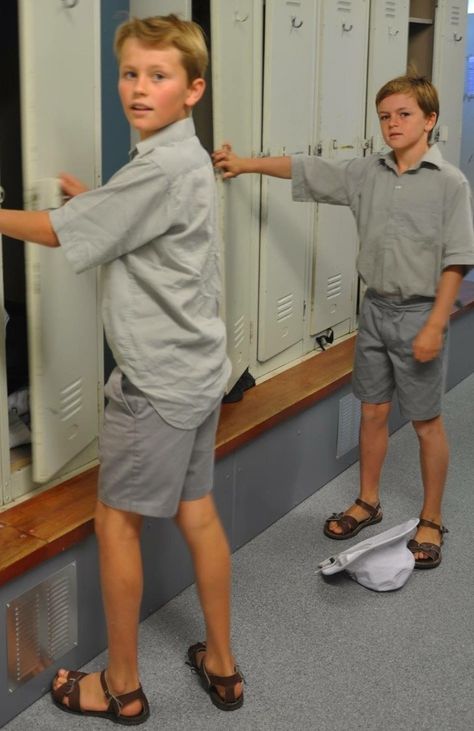
Thirdly, praise does not teach a child to see and appreciate small achievements. Adults usually scold for a specific failure: it’s crooked here, I forgot here, it’s not like that there. And we all praise very similarly: "Well done, beautiful, smart girl." How can a child understand why he is still doing well? The answer was suggested by mother and blogger Tatyana Ivanko. When she was preparing her daughter for school, instead of underlining the mistakes in the recipes with red, she highlighted with a green pen those sticks and hooks that the child turned out best. So, instead of the usual fixation on mistakes, the emphasis was on achievements. By the way, the “green pen method” can be used for more than just assessing academic achievement (and let’s be honest, it works just as well for adults as it does for children). nine0009
-
Option 2: explain?
A person who has received a new experience first reacts to it emotionally, and only then is he ready to comprehend something. Above, we talked about the fact that a child who wants to quit is actually asking for emotional support. Explaining something, explaining something, and even jointly making a decision on how best to act, is worth it only after you sympathize with the child.
Above, we talked about the fact that a child who wants to quit is actually asking for emotional support. Explaining something, explaining something, and even jointly making a decision on how best to act, is worth it only after you sympathize with the child. -
Option 3: Punish?
Laziness is not a quality of character, but a sign of difficulties. Laziness indicates that a person wants to avoid the unpleasant: what causes stress, tires or is too incomprehensible. Instead of punishing a child for laziness, it makes sense to listen: what does he really want to tell you with his behavior? nine0009 -
Option 4: inspire!
Real motivation lies deeper than words “Come on! You can! You can do it!" . It consists of four components: an important task, willpower, task complexity, and pleasure from the process.
The best motivation that an adult can help a child with is to provide him with all four components and believe that he succeeds.
How to help your child overcome difficulties
1. Express sympathy. It is important to make it noticeable to the child: non-verbally warmly respond to his emotions, respectfully talk about his feelings.
2. Ask for help, if you think something is wrong. A psychologist, neurologist, neuropsychologist, speech therapist can help.
3. Help the child to get carried away: to find what he likes in difficult things, to support his interest, to become emotionally involved.
4. Support, not praise. nine0004 We talked about the risks of praise above. In contrast, support:
► specific;
► encourages collaboration;
► focuses on the amount of effort and pleasure;
► hardly evaluates;
► nurtures the child's interest in himself;
► emphasizes effort: "You tried - and you did it!";
► increases error tolerance;
► Develops stable self-esteem and independence.
Compare phrases for praise and for support. See the difference?
PRAISE
— You did great!
— You are always on time.
- I'm proud of you.
— You are a wonderful helper.
— What a beautiful picture you have!
SUPPORT
— You did it!
— You are trying to be on time.
- You can be proud of yourself.
— You wiped all the dust on the shelves.
- You have used all the pencils in the set.
Self-examination
If at some point you stop understanding whether you are praising or supporting, devaluing difficulties or helping a child cope with them, ask yourself three questions. At first, it will be difficult for the psyche to give up the usual words and reactions, so be as careful and honest with yourself as possible. So, three self-test questions:
► Is the child's point of view different from mine?
► Do I support his self-esteem or dependence on someone else's opinion with these words?
► Am I being respectful or condescending?
Depending on what you answer to yourself, your actions will change, and hence your relationship with the child. As a result, you can help him really overcome difficulties and enjoy any activity that inspires him.
► It is not enough for a child to understand the importance of a complex task in order to get carried away with it. In this he needs our help. nine0009
In this he needs our help. nine0009
► Laziness is not a quality of character, but a sign of difficulties.
► It is important to understand what is difficult for the child (specialists can help) and simplify tasks for him.
► Empathy should be used to support the child.
► Use emotions to get him involved.
► Use support to build his self-esteem.
Prepared by Maria Krasheninnikova-Height
DID YOU LIKE THIS ARTICLE? nine0009
Live-courses
from 1 month
Online courses in the most relevant areas of psychology from leading practicing psychologists.
| More details |
Recorded courses
from 1 month
Recorded individual intensive courses in key disciplines or sets of short-term courses to choose from in all areas.
| Read more |
TO OTHER MATERIALS
How to help your child cope with difficulties | Consultation on the topic:
HOW TO HELP A CHILD COME WITH SCHOOL DIFFICULTIES
Studying at school is one of the most difficult and responsible moments in the life of children, both in socio-psychological and physiological terms.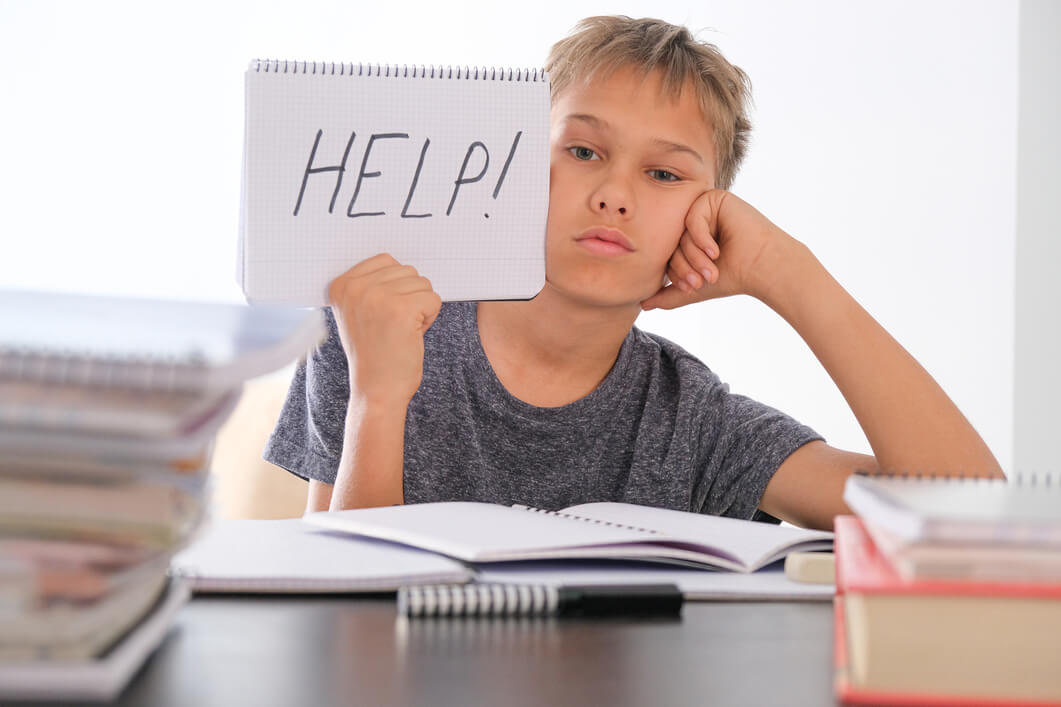 The whole life of the child changes; everything is subject to study, school, school affairs and concerns.
The whole life of the child changes; everything is subject to study, school, school affairs and concerns.
Features of education in a modern school are associated with an ever-increasing amount of information, a significant intensification of the passage of material, with constant modernization and complication of curricula. Such learning conditions make the highest demands on the body of a younger student, the school from the very first days sets a number of tasks for the student that are not directly related to his experience, requires maximum mobilization of intellectual and physical forces. And it is very important that children go through this difficult path without harming their health, without losing interest in learning, without losing faith in themselves, in their strength. nine0009
The programs according to the new educational standards have become very complicated, and many children can hardly cope with them. It is rare for a child to be so well prepared for school to learn with ease, and the parents of such a child have truly done a colossal job in developing a son or daughter.
Lately, not a single school year is complete without parents complaining about complex and incomprehensible elementary school programs, about the workload of children, the need to do homework with them, and other difficulties. nine0009
Many today are concerned about the question of how to create prerequisites for the optimal development of each child in the conditions of a general education school, in particular for those who experience certain difficulties in learning? This is all the more important because gaps in knowledge formed in the initial period of learning to read, write, and mathematics, as a rule, lead to serious problems at subsequent stages of learning.
The success of each student's education depends on his level of development. nine0009
All parents want their children to study well. But some parents believe that by sending their child to school, they can breathe a sigh of relief: now all the problems associated with education should be solved by the school. Of course, the school does not abandon its responsibilities, but this is not only the school's business, but also the parents'. It is the parents who can provide the help that the teacher cannot provide.
Of course, the school does not abandon its responsibilities, but this is not only the school's business, but also the parents'. It is the parents who can provide the help that the teacher cannot provide.
In recent years, we have noted a significant increase in the number of children with various learning difficulties in primary school. nine0009
School difficulties of hyperactive children.
Learning difficulties are most often observed in children who have certain types of impaired behavior. Among them, a significant group is represented by the so-called disinhibited, motor-restless, hyperactive children. Excessively excitable, sometimes aggressive, irritable, they can hardly endure stress, their efficiency quickly decreases. They are unable to organize their activities, unable to fix their attention on work, unable to establish normal relationships with peers. Such children react sharply to the refusal of something, do not control themselves, immediately forget good intentions and prefer to do only what they like, what gives them pleasure. nine0009
nine0009
Behavioral disorder is usually combined in these children with a whole range of difficulties in writing, reading and mathematics. To help such a child is possible only with the joint work of the teacher and parents.
First, it is worth finding out if the child is really hyperactive, if possible, contact a specialist - a pediatrician, a neurologist, a psychologist.
Secondly, you need to learn how to communicate with your fidget.
Consider some recommendations:
- Do not allow (never, even in critical situations) rudeness, humiliation, anger.
Expressions such as “I hate you”, “You have exhausted me”, “I have no strength”, “I am tired of you”, repeated several times a day (not to mention more rude ones), are meaningless. The child simply ceases to hear them.
- Do not talk to the child in between, irritably, showing with all your appearance that the child is distracting you from more important matters than communication with him.
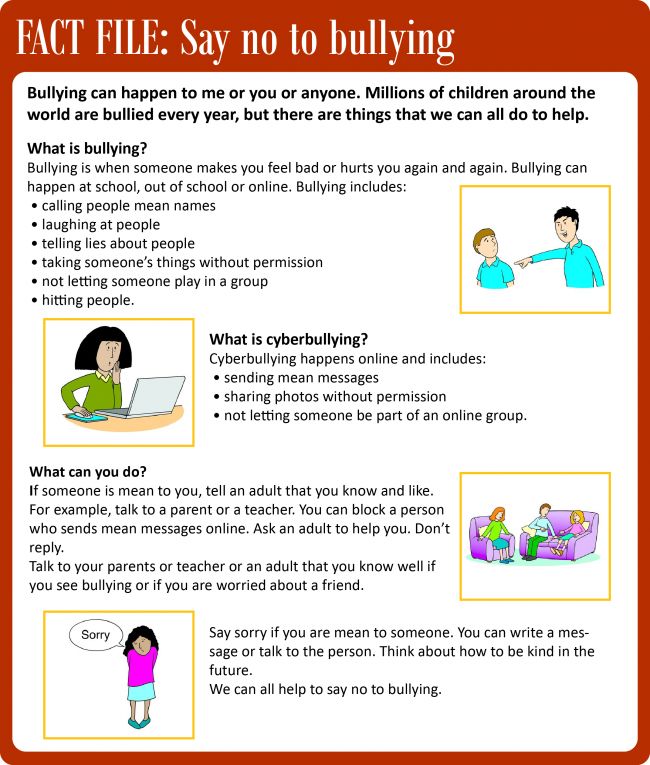 Apologize if you can't distract yourself ("Sorry, baby, I'll finish now, and you and I will talk about everything"). nine0074
Apologize if you can't distract yourself ("Sorry, baby, I'll finish now, and you and I will talk about everything"). nine0074
Thirdly, try to take into account the high distractibility and unstable performance of these children.
Advice for parents on helping hyperactive children with homework:
- The child's workplace should be quiet and peaceful, where the child can study without interference.
- Carefully plan your homework: "First do this, then ...".
- When a child performs graphic tasks (copying, writing off letters, numbers), make sure the correct fit, position of the pen and notebook. nine0074
- Talk to your child calmly, without irritation. Speech should be clear, unhurried, instruction (task) clear and unambiguous.
- Do not focus the child's attention on failure - he must be sure that all difficulties and problems can be overcome, and success is possible.
School difficulties of slow children.
Now let's talk about another category of children who also often have learning difficulties - these are slow children. Slow children are a particular risk group, since their school problems can only be associated with a slow pace of activity. Slowness is not a disease, not a developmental disorder, it is simply an individual feature of a person, a feature of nervous activity. nine0009
Slow children are a particular risk group, since their school problems can only be associated with a slow pace of activity. Slowness is not a disease, not a developmental disorder, it is simply an individual feature of a person, a feature of nervous activity. nine0009
It has been proven that even a slight degree of procrastination greatly reduces a child's chances of success in school. And therefore, such children need help not when there is already poor progress and deviations in health, but from the first days at school. Slow children are approximately 10-20%. These are children who have a 1.5–2 times slower pace of speech, walking, all movements, a low speed of performing all complex actions, and above all writing and reading. However, the quality of performing all actions at your own pace can be very high. If we imagine that each individual action is performed almost 2 times slower, then it becomes clear why a slow child writes many times slower than others and why he reads so slowly.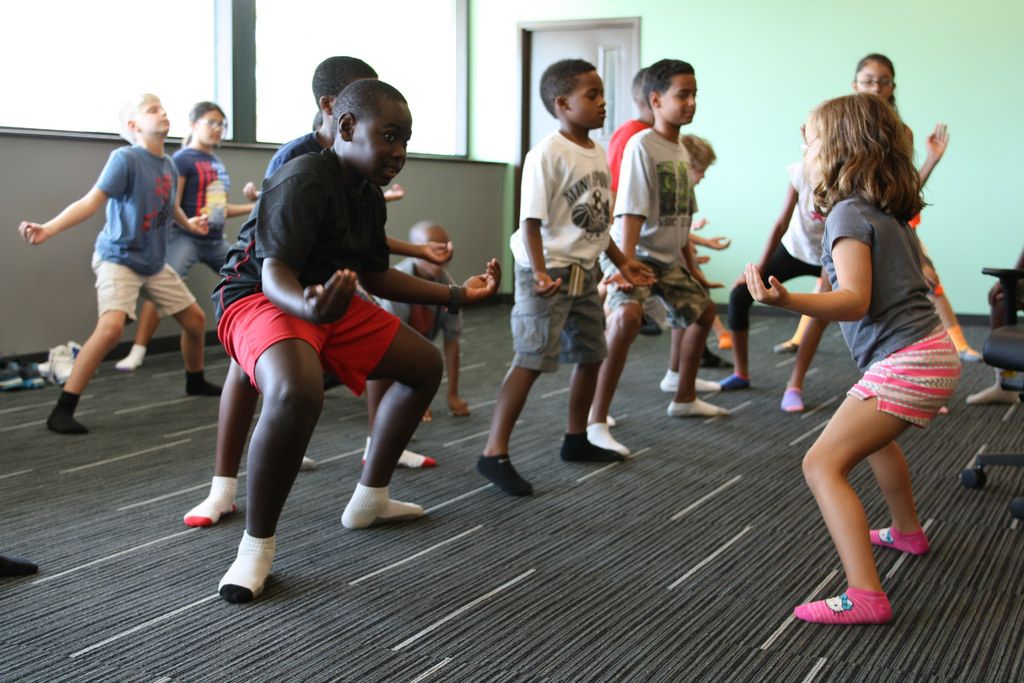 A slow pace cannot be judged in terms of good or bad. This is the nature of the child. nine0009
A slow pace cannot be judged in terms of good or bad. This is the nature of the child. nine0009
Is it possible to make a child work faster?
A slow child cannot be forced to write and read faster. With age (if the child is not brought to a neurosis), the speed of writing and reading will increase (as the activity itself improves). However, in children with low mobility of nervous processes, the speed of writing and reading will always be lower than in ordinary children. At the initial stage of training, you can not force the speed of work. Hurrying, urging such a child is not only useless (he will not work faster, the effect will be the opposite), but also harmful. The restriction of time for rest negatively affects the state of a slow child. This, in turn, reduces efficiency, increases fatigue, which immediately affects writing (handwriting worsens, errors appear - omissions, substitutions, underwriting, corrections), and reading - “a line is lost”, reading errors appear, an effect is possible "guessing" reading, there are problems of understanding the text, difficulties of retelling.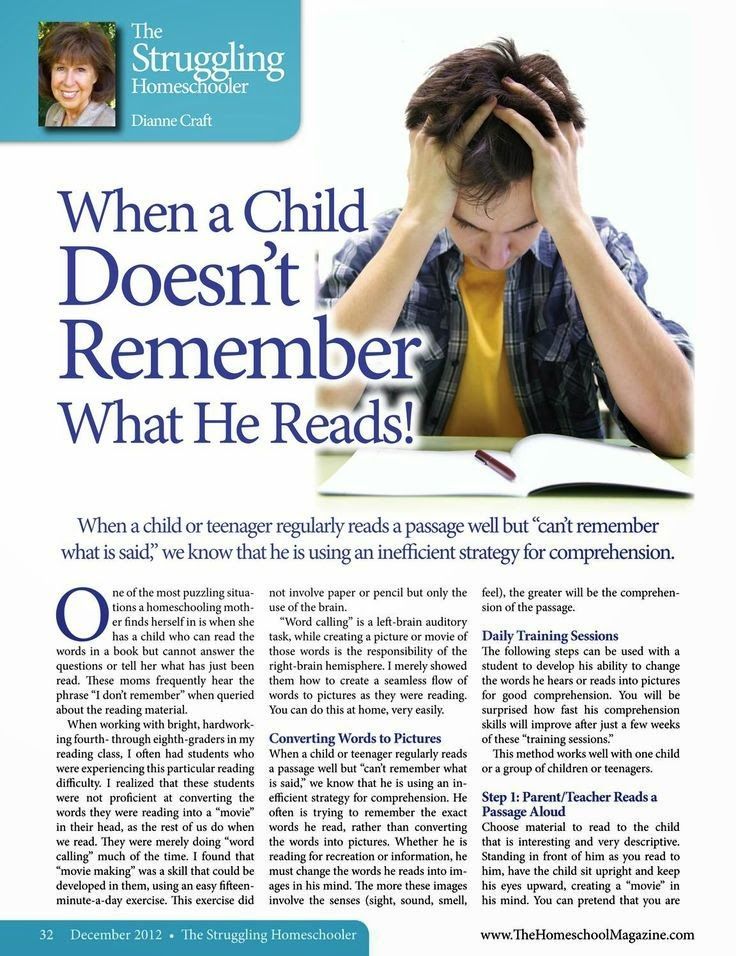 A slow child has difficulty absorbing information at a very fast pace. For a slow child, all school loads are tiring. Therefore, after school, it is better for him to be at home, in a relaxed atmosphere. The extension is not for slow children. nine0009
A slow child has difficulty absorbing information at a very fast pace. For a slow child, all school loads are tiring. Therefore, after school, it is better for him to be at home, in a relaxed atmosphere. The extension is not for slow children. nine0009
When working with such children, the main key to success is to create an environment that would allow the child to work at a pace that is accessible to him, not to rush, soothe, support and do not forget to praise him, create all conditions for calm work and study pay attention to each successfully completed task.
Tips for parents to help slow children with homework:
- Plan your homework carefully: “First do this, then...”. nine0074
- Create a home environment that allows your child to complete homework at their own pace.
- Start with less difficult lessons, then move on to more difficult ones.
- During the preparation of homework, every 30 minutes of work, let the child rest for 10-15 minutes, it is advisable to spend a physical education minute with music (they restore working capacity, put off fatigue).

- Take your time, calm down, support your child and do not forget to praise him for each successfully completed task. nine0074
School difficulties for left-handed children.
Another group of children that causes great concern among parents is left-handed children. Today, in almost every class there are children working with their left hand. Left-handed children (as well as right-handed ones) are different in their psychological and physiological characteristics, in their abilities, interests and problems.
Preferential control of the hand does not depend on the desire or unwillingness of the child and not on his stubbornness, but develops in connection with a special organization of brain activity. nine0009
Of course, you can make a lot of effort and make a left-handed baby work with his right hand. But it is impossible to change its biological essence. And, nevertheless, until recently, left-handed children in the family and at school tried to retrain. One of the motives that guided parents and teachers is this: the whole household world is adapted to the right hand, and by retraining the baby, they will help him avoid many problems and inconveniences.
One of the motives that guided parents and teachers is this: the whole household world is adapted to the right hand, and by retraining the baby, they will help him avoid many problems and inconveniences.
Arbitrary change of the dominant hand leads to gross interference in the finest mechanisms of brain activity. This is a powerful stress, fraught with the emergence of neurosis. nine0009
Boys and girls may have different manifestations of neurosis. Boys are characterized by disinhibition, restlessness, restlessness. And for girls, a lowered background of mood, lethargy, tearfulness are more characteristic. Quite often, left-handed children are worried about failures, censure from educators and parents. Added fear of the dark, the fear of being alone in the room (fear of loneliness) and even the fear of death. In some children, fears are short-term, and if there are no new stresses, they may disappear. nine0009
What is the cause of the problems of left-handed children and how important is left-handedness in the occurrence of these bleating? The first thing to look out for is the wrong (very stressful and inefficient) way of holding the pen.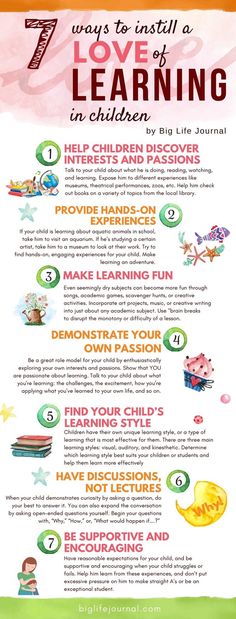 The result is a very stressful and very slow way of writing with jagged, irregular letters that look more like scribbles. Due to the constant tension and the inability to keep up with the pace of work in the classroom, other problems accumulate. Omissions, substitutions, underwriting quickly add to the difficulties of a purely technical skill of writing, and the situation is complicated by excitement, anxiety, fear of failure, the negative attitude of surrounding adults towards left-handedness - all that the child is not able to change himself. Naturally, this leads to a deterioration in mental health, which, in turn, causes a sharp decrease in working capacity, increased fatigue, and impaired concentration. And the result is a deterioration in handwriting, errors, omissions, underwriting, problems on the control (does not have time, plus worries, plus gets tired quickly). nine0009
The result is a very stressful and very slow way of writing with jagged, irregular letters that look more like scribbles. Due to the constant tension and the inability to keep up with the pace of work in the classroom, other problems accumulate. Omissions, substitutions, underwriting quickly add to the difficulties of a purely technical skill of writing, and the situation is complicated by excitement, anxiety, fear of failure, the negative attitude of surrounding adults towards left-handedness - all that the child is not able to change himself. Naturally, this leads to a deterioration in mental health, which, in turn, causes a sharp decrease in working capacity, increased fatigue, and impaired concentration. And the result is a deterioration in handwriting, errors, omissions, underwriting, problems on the control (does not have time, plus worries, plus gets tired quickly). nine0009
So, left-handedness has nothing to do with it, exactly the same problems could arise in a right-handed child under the same conditions.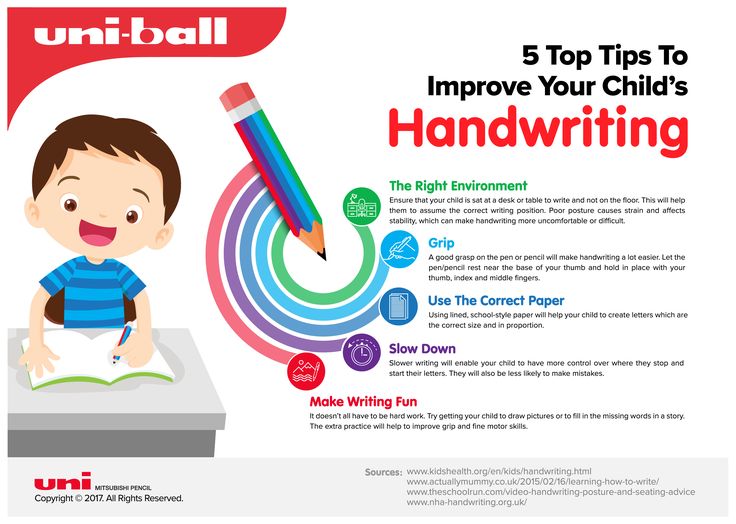 The child feels defective and this also exacerbates the problems.
The child feels defective and this also exacerbates the problems.
What to do? How to help a child?
Advice for parents of left-handed children.
- Never and under no circumstances should adults show a child a negative attitude towards left-handedness.
- It should be remembered that left-handedness is an individual variant of the norm, so the difficulties that arise in left-handed children are most often not associated with this phenomenon. Any other child can have the same problems. nine0074
- You should not even try to teach a left-handed child to work with his right hand, let alone insist on it. Retraining can lead to serious health problems.
- It is advisable to determine the leading hand at 4-4.5 years.
- A left-handed child needs special attention and approach, but not because he is left-handed, but because each child is unique and inimitable.
A child's success directly depends on understanding, love, patience and the ability to help in time on the part of loved ones.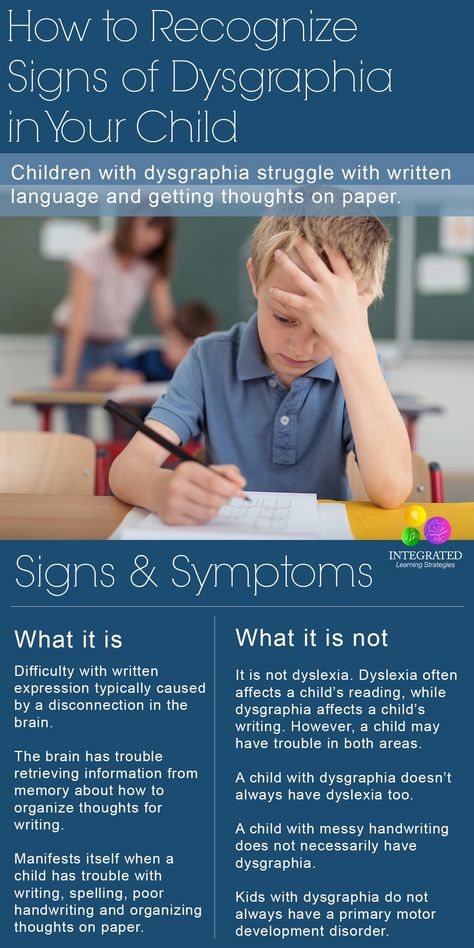 nine0009
nine0009
Tips for parents to help left-handed children with homework.
- Teach your child to sit down for lessons on his own and help him only when he needs it.
- The best time for preparing lessons is 15-16 hours, every 15-20 minutes of work it is necessary to take a 10-15 minute break, which the child can use at his own discretion.
- To give the child the opportunity to choose what he will do first, you can advise or recommend, but in no case demand. nine0074
- Ensure that the child holds the pen correctly and that the right side of the table is well lit.
- Preparing homework should not be the cause of quarrels, mutual irritation, conflicts. It must be remembered that a left-handed child is very vulnerable, and requires a careful, attentive and kind attitude.
Unfortunately, in a situation where a child has learning difficulties in primary school, many parents take a completely unconstructive position - the child begins to shame, scold, put pressure on him in every possible way and punish him, implying that these measures will somehow help the child start learn better.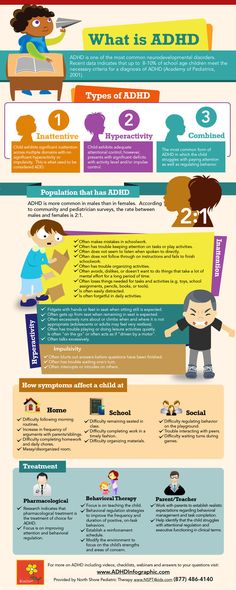 nine0009
nine0009
I would like you to understand the situation correctly and take all measures to help your child cope with school difficulties.
The results of the work of parents with children with learning difficulties, with systematic and targeted correction, can be very effective. The main conditions are the availability of time, patience and faith in success. Problems in learning are the concerns of parents. Parental help should not be limited to monitoring homework (which is most often the case). Parents should know how to organize classes, how to interact with the child. They must follow the basic rules:
- Peace, only peace!
- More positive - try to treat homework and school in general easier, with optimism, humor, play, and most importantly - with faith in your child. Cheer him up and notice the slightest success, be sure to praise every step forward, every effort. Without positive reinforcement, a child will never love learning!
- Forget everything you remember about your school days, stop comparing! How many years have passed? At least twenty? Everything has changed! nine0074
- Take it for granted: the new state education standards are designed in such a way that parents help their children in their studies, at least in primary school.
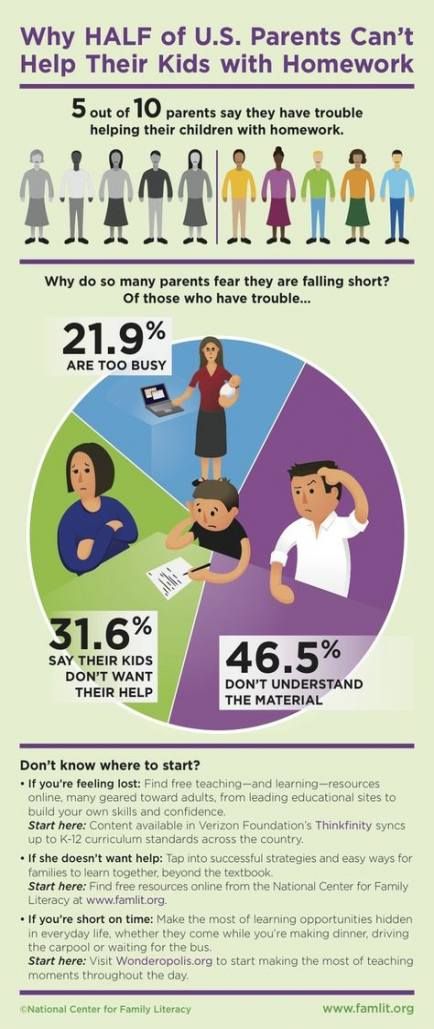 Like it or not, without your help, the child will not master the program. Even if the most serious subjects are easily given to him - the Russian language and mathematics, you should definitely listen to how the child reads texts on literary reading, his retellings. Now the schools have a very difficult program for the course "The World Around". A child can complete many tasks in this subject only with the help of an adult! nine0074
Like it or not, without your help, the child will not master the program. Even if the most serious subjects are easily given to him - the Russian language and mathematics, you should definitely listen to how the child reads texts on literary reading, his retellings. Now the schools have a very difficult program for the course "The World Around". A child can complete many tasks in this subject only with the help of an adult! nine0074 - Never, under any circumstances, speak badly about the school, teachers, director, programs, textbooks, level of education, etc. in the presence of a child (even if it seems to you that he does not hear). Firstly, the child will have enough of his own negative emotions associated with the school. He doesn't need to add yours. Secondly, for successful schooling, a child needs to respect - school rules, teachers, directors, curricula. And how can you respect what your own mother criticizes? nine0074
- Never express your doubts about your child's learning ability! You will undermine the child's faith in his own strength, and if the child hears this often, self-esteem will fall, and there are not far from problems with academic performance.

- Whatever difficulties a child may encounter, it is your parental responsibility to help (not scold, shame or punish). The child did not have enough resources to master all the knowledge, skills and abilities necessary for successful learning, his mental processes are not sufficiently developed - attention, memory, thinking, but this is not his fault, but a misfortune. He wasn't prepared enough for school! nine0074
- Respect your child! Do not shout, do not call names, in any case do not use physical punishment. Are you pawning the future of your son or daughter - do you want it to be violent and rude?
- Maintain a normal daily routine. An elementary school student must sleep for at least 9 hours! Every day, the child needs to walk for at least an hour, and preferably two. Do not be lazy and do not replace a walk with visiting circles and sections. Health is the most important thing!
- Limit the time you watch TV and communicate with your computer and other electronic devices.
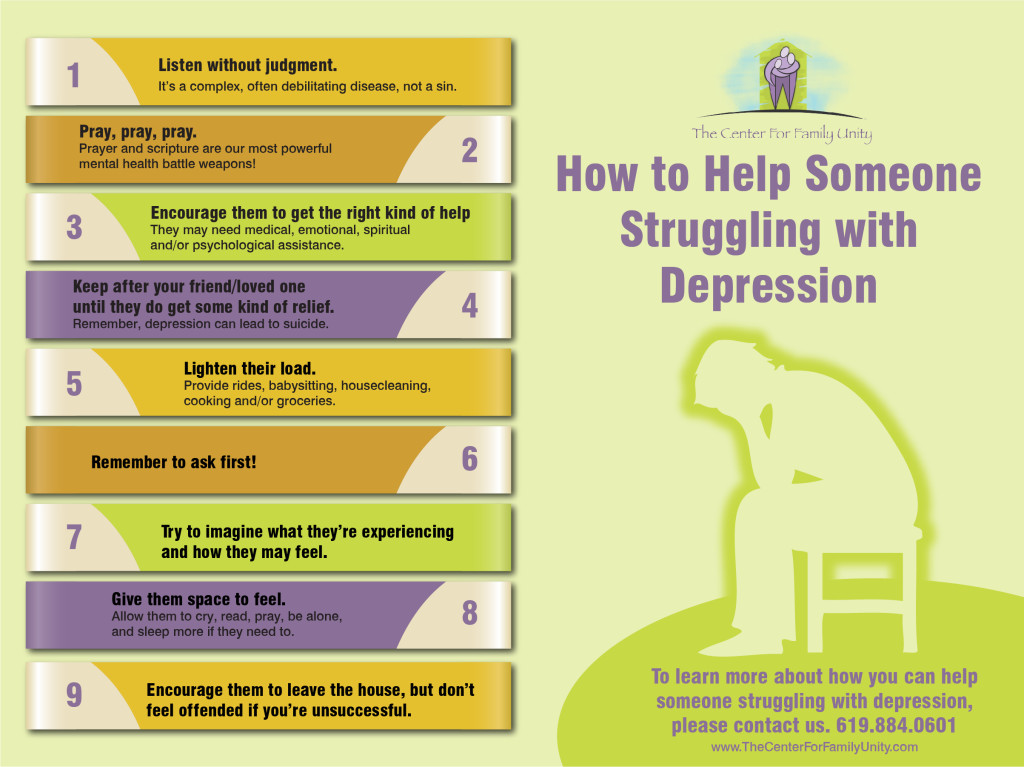 60 minutes a day is the maximum! The child will definitely find more useful activities for himself if you can limit the empty pastime at the computer and TV. Take this aspect under control now: the older the child, the less hope of turning the tide. nine0074
60 minutes a day is the maximum! The child will definitely find more useful activities for himself if you can limit the empty pastime at the computer and TV. Take this aspect under control now: the older the child, the less hope of turning the tide. nine0074 - Helping a child do homework does not mean doing it for him or prompting him. It means being there and being attentive to the child, seeing what he can do on his own and where he needs your help. With what you are helping him now, the child will surely begin to cope on his own after a while!
- When doing homework after 30-40 minutes it is necessary to take breaks of 5-10 minutes.
There are nomes for the duration of homework preparation:
Grade 1 - 1 hour
Grade 2 - 1.5 hours
Grade 3-4 - 2 hours
13. If your child missed classes for some reason, be sure to
ask about what was going on in the class and complete the tasks so that the child does not
fall behind his peers.